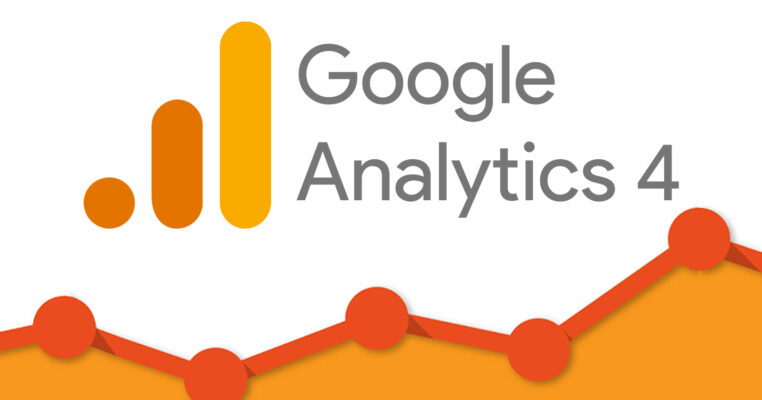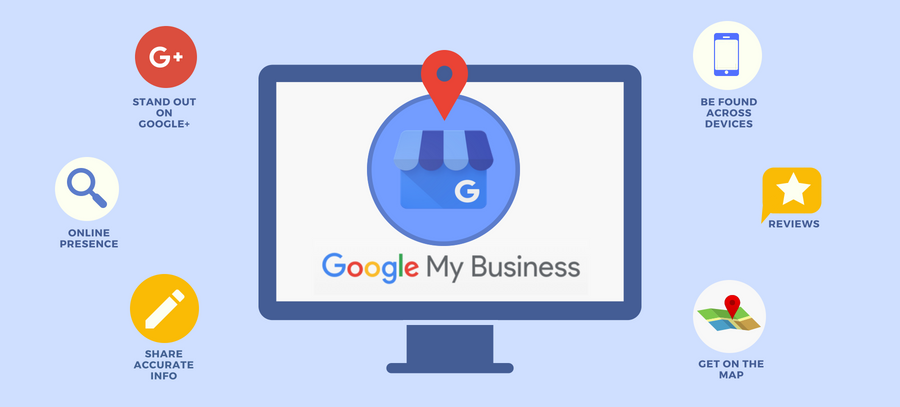
GA4: You Need To be making The Switch Before July 1st 2023, Here’s What You Need To Know!
In the ever-evolving landscape of digital marketing, staying up to date with the latest tools and technologies is crucial to ensure the success of your online presence.
One such tool that has gained significant attention is Google Analytics 4 (GA4). If you haven’t already made the switch, it’s time to take action before July 1st, 2023, to stay ahead of the curve and unlock the full potential of your website’s data analysis. In this article, we will explore why making the switch to GA4 is imperative and provide you with the necessary information to navigate the transition seamlessly.
Here at the Irish Media Agency, we are sad to see the old Google Analytics change as we are experts in every aspect of it but have dove right in to fully understand all of the new features in GA4 and how to upgrade to all of the elements of it and any reporting needs for our current and future clients.
Google states: “We’re focusing our efforts and investments on Google Analytics 4 to deliver a solution built to adapt to a changing ecosystem. Because of this, throughout 2023 we’ll be shifting support away from Universal Analytics 360 and will move our full focus to Google Analytics 4 in 2024.”
The Evolution of Google Analytics
Google Analytics has long been the go-to platform for tracking website performance, understanding user behavior, and driving data-informed decisions. Over the years, Google has continuously improved the platform, and GA4 represents the next generation of analytics tools. It introduces advanced features and enhanced capabilities designed to align with the shifting digital landscape and changing user behavior.
Why Should You Make the Switch to GA4?
- Future-Proof Your Analytics:
GA4 is the future of Google Analytics. By transitioning to GA4 now, you ensure that your website is fully compatible with the latest advancements and features that Google will roll out in the coming years. This proactive approach safeguards your website’s analytics infrastructure and ensures you don’t fall behind. - Enhanced Cross-Platform Tracking:
With the increasing prevalence of mobile devices and multiple touchpoints in a customer’s journey, cross-platform tracking has become essential. GA4 excels in this aspect, providing a more comprehensive view of user interactions across various devices, including desktops, smartphones, tablets, and even smart TVs. This level of granularity empowers you to optimize your marketing strategies and deliver a seamless user experience. - Deeper Insights into User Behavior:
GA4 introduces a more robust data model that captures essential user interactions, such as scrolls, video engagement, file downloads, and more. This granular data enables you to gain deeper insights into user behavior, preferences, and engagement patterns. Armed with this knowledge, you can tailor your content and marketing campaigns to better resonate with your target audience. - Machine Learning Capabilities:
GA4 leverages the power of machine learning to provide valuable insights automatically. Through predictive analytics, it helps you uncover hidden patterns and trends in your data. By understanding these patterns, you can optimize your website’s performance, improve conversion rates, and maximize your return on investment.
Navigating the Transition
The prospect of transitioning to a new analytics platform might seem daunting, but with proper guidance, the process can be smooth and hassle-free. Here are the key steps to ensure a successful transition to GA4:
- Evaluate Your Current Implementation:
Before making the switch, conduct a thorough evaluation of your existing Google Analytics implementation. Understand your current tracking setup, data collection methods, and customizations. This analysis will help you identify any gaps or areas that require attention during the transition. - Create a Transition Plan:
Based on your evaluation, develop a comprehensive transition plan that outlines the necessary steps and timelines. Consider factors such as data migration, updating tracking codes, and integrating GA4 with other relevant tools. Having a well-defined plan in place will streamline the transition process and minimize disruptions. - Implement GA4 in Parallel:
Rather than immediately replacing your existing Google Analytics setup, it is advisable to run GA4 in parallel for some time. This approach allows you to compare data and ensure the accuracy and consistency of your analytics during the transition period. It also provides an opportunity to explore the new features and functionalities offered by GA4 before fully committing to it. - Migrate Historical Data:
One common concern when transitioning to GA4 is the potential loss of historical data. However, with the proper migration process, you can preserve your historical data and continue to analyze it alongside the new data collected in GA4. Google provides detailed documentation on how to migrate your historical data, ensuring a smooth transition without sacrificing valuable insights.
What Happens if You Don’t Switch to GA4?
If you choose not to switch to GA4, you risk missing out on the advanced capabilities and future updates that Google will roll out exclusively for GA4. While the previous version of Google Analytics will still function, it is likely to receive fewer updates and may not keep pace with the evolving needs of digital marketing.
By not making the switch, you limit your ability to extract meaningful insights from your website’s data and potentially fall behind your competitors who have embraced GA4.
The Purpose of GA4
The purpose of GA4 is to provide marketers and website owners with a more comprehensive and flexible analytics solution that caters to the changing digital landscape. It offers enhanced cross-platform tracking, deeper insights into user behavior, and leverages machine learning capabilities to empower data-driven decision-making.
GA4 aims to enable businesses to understand their customers better, optimize marketing strategies, and drive growth.
Why Did Google Create GA4?
Google created GA4 to address the evolving needs of digital marketers and website owners. As technology advances and user behavior becomes more complex, there was a need for a new analytics platform that could capture and analyze data across multiple devices and touchpoints.
GA4 was designed to fill this gap by offering advanced tracking capabilities, a more robust data model, and the integration of machine learning to provide actionable insights. Google’s goal with GA4 is to empower businesses to adapt to changing consumer behavior, optimize marketing efforts, and drive business success.
Are you feeling overwhelmed by the transition to GA4?
Don’t worry, IMA is here to assist you! Google is actively encouraging businesses to switch to GA4, and starting in March, they will automatically configure your Universal Analytics account. While this may be suitable for simple websites, for those with complex tracking requirements like conversion tracking and eCommerce data, the most optimal solution is to work with IMA. Our team at IMA specializes in ensuring a seamless transition to GA4, tailored to your specific needs.
Our GA4 service encompasses the following core elements:
- Thorough Audit: We conduct a comprehensive audit of your Google Tag Manager and Google Analytics accounts to identify any gaps or areas for improvement.
- Onboarding Process: We guide you through a customized set of action items to streamline the onboarding process and ensure a successful transition to GA4.
- Data Migration: We handle the seamless migration of your data, ensuring that all valuable insights and historical information are preserved.
In addition to these core services, our experienced team can assist you with:
- E-commerce Migration: We facilitate the migration of e-commerce profiles, revenue tracking, conversions, and booking engines from Universal Analytics to GA4.
- BigQuery Set-up: We help set up BigQuery, Google’s powerful data analytics platform, to enable advanced data analysis and reporting.
- Server-Side Tracking: We implement server-side tracking, allowing you to collect and analyze data from various sources, ensuring a holistic view of user behavior.
For businesses with substantial data needs, we also provide transfer and storage services, ensuring the efficient management of your valuable data.
Accurate data tracking is key to improving your return on investment, and our dedicated team is here to make it a reality for you. Contact us today to inquire about pricing and let us unlock the full potential of Google Analytics 4 for your business.
As the digital landscape continues to evolve, adapting to the latest tools and technologies is paramount to stay ahead of the competition. Making the switch to Google Analytics 4 before July 1st, 2023, ensures that your website remains at the forefront of data analysis and provides you with deeper insights into user behavior.
By embracing the enhanced capabilities of GA4, you can optimize your marketing strategies, improve user experiences, and unlock new opportunities for growth.
If you are looking for a Google Analytics upgrade please contact us and we can let you know how we can help with your GA4 upgrade and reporting needs.


